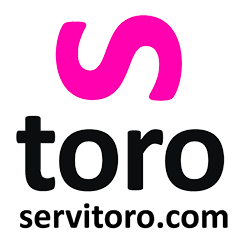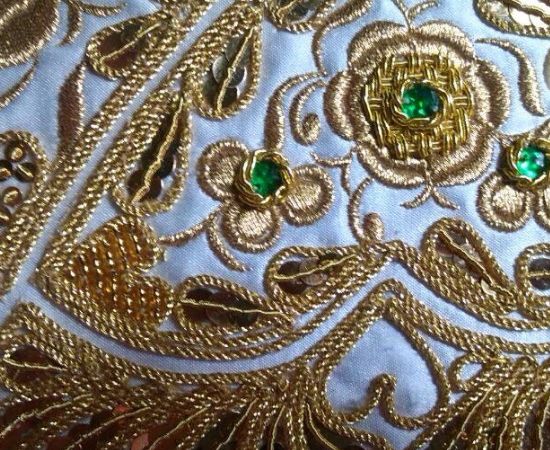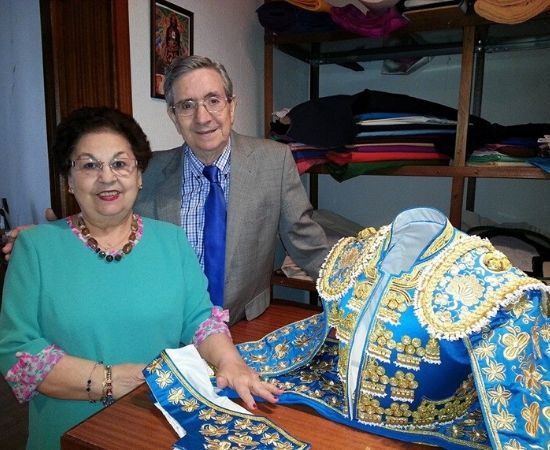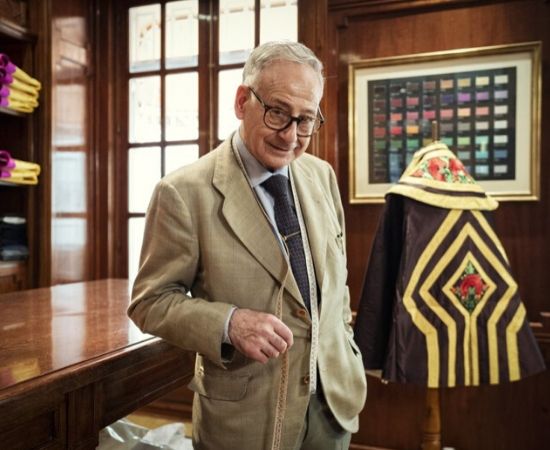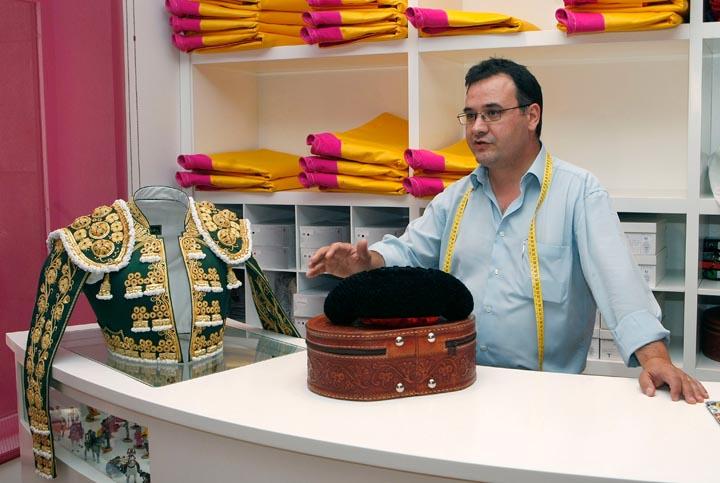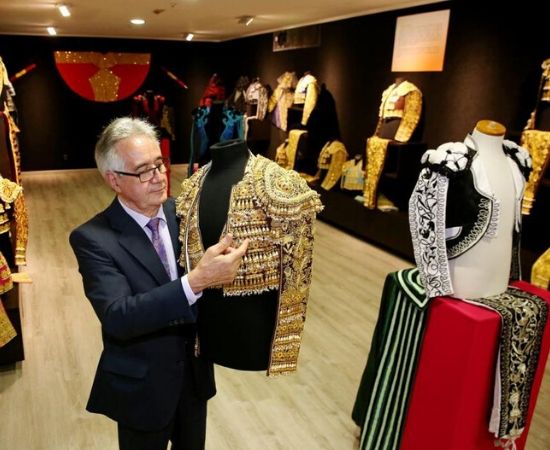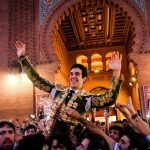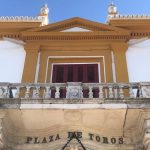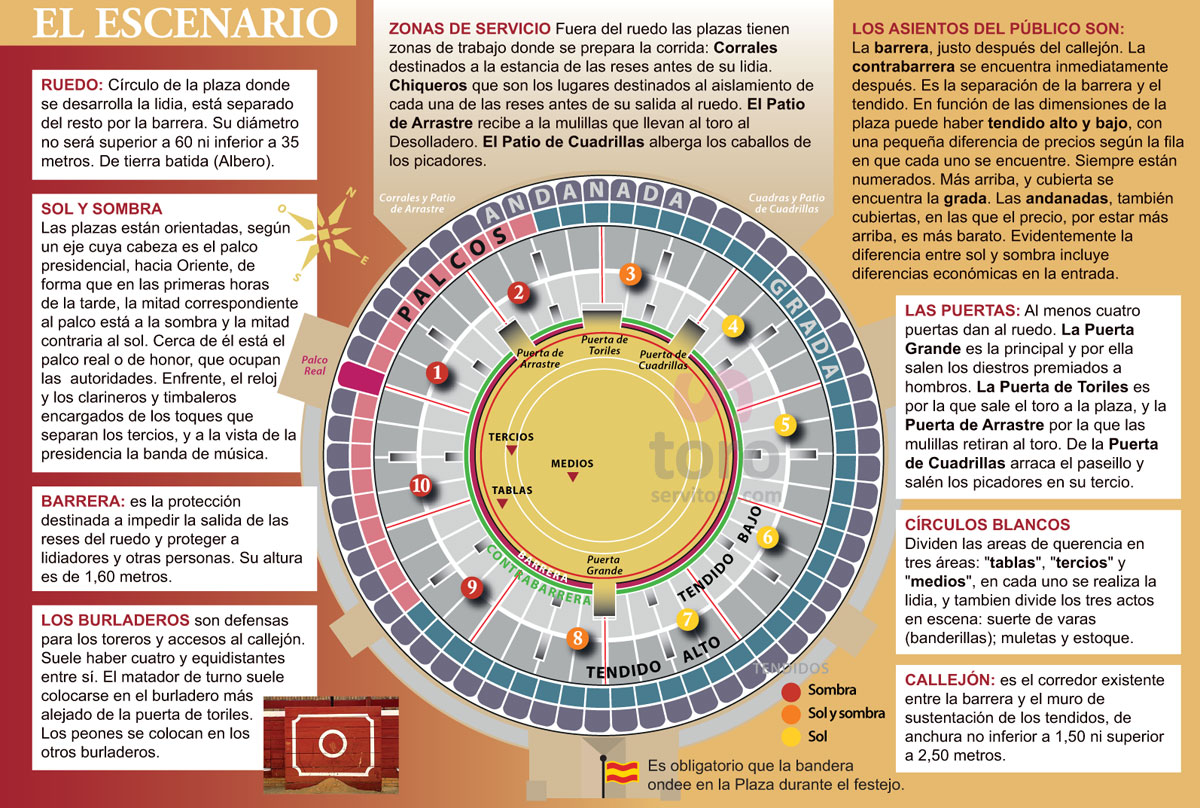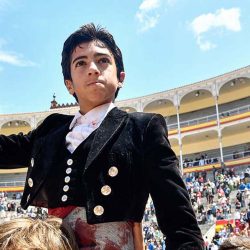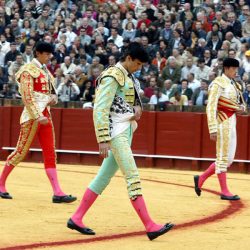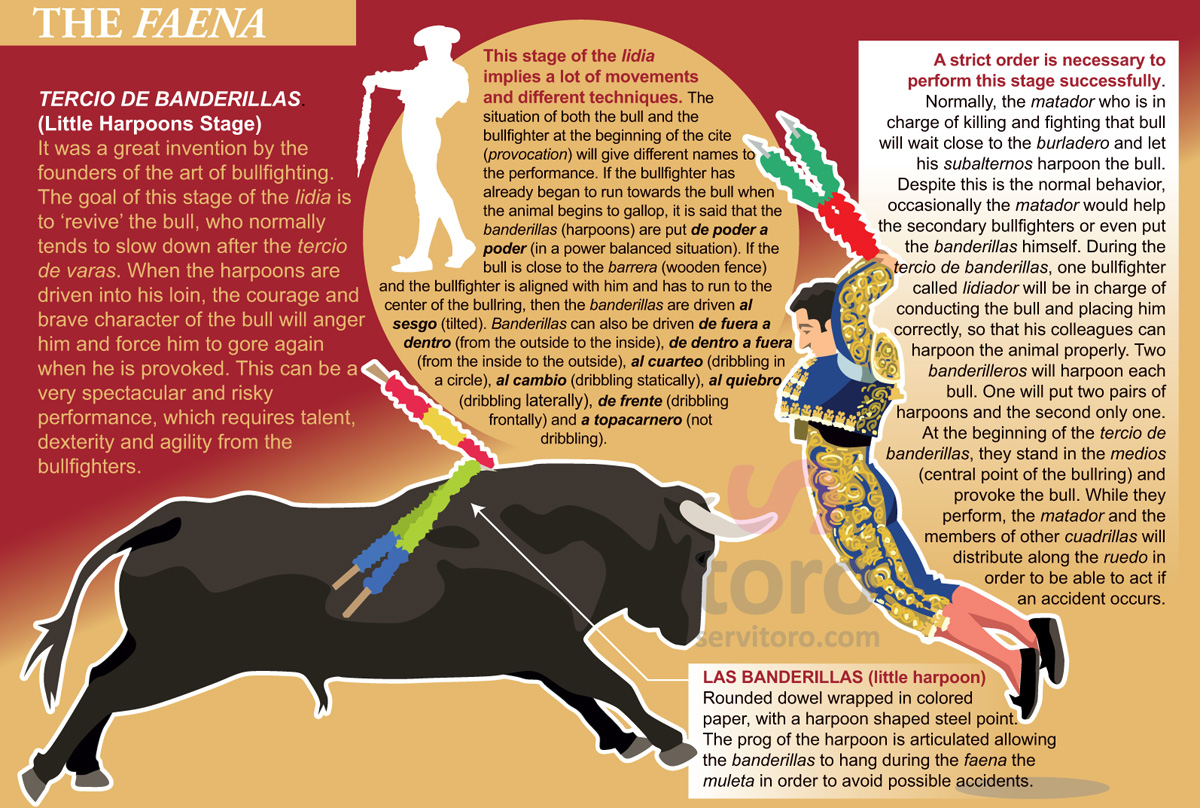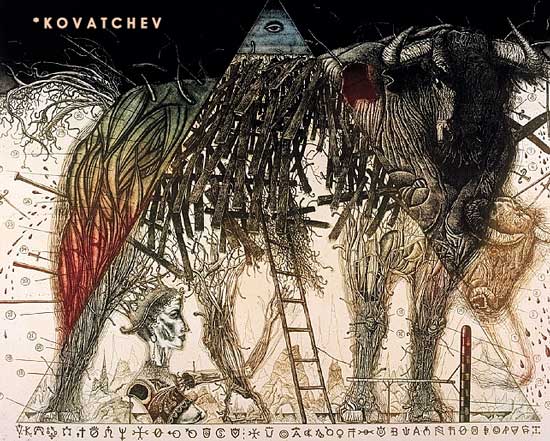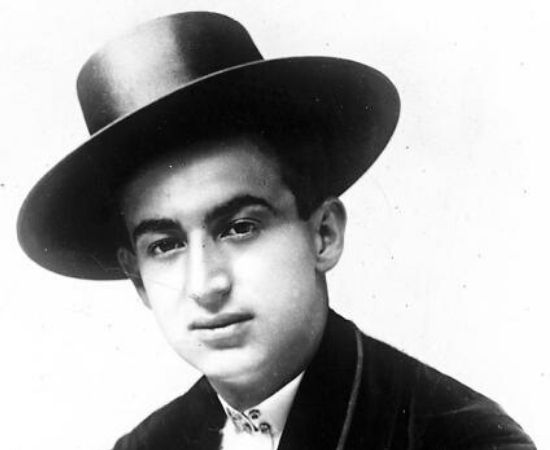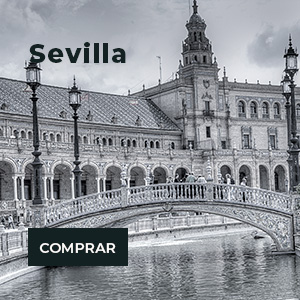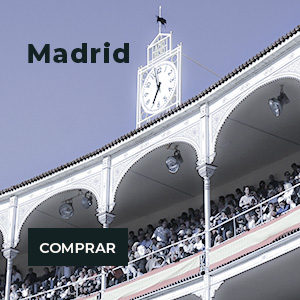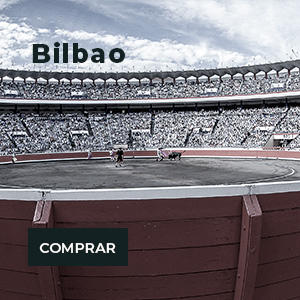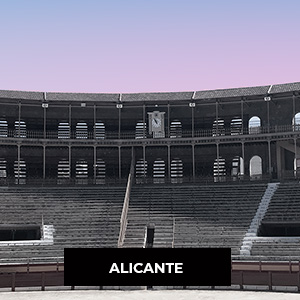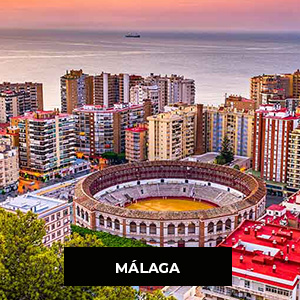We enter the tailor shops, craft workshops where bullfighters wear their dreams.
Following the closure of the mythical Emilio Tailoring a few days ago, we want to review the main bullfighting tailors.
Emilio announced its closure after 37 years of work. A sad news since there are few workshops dedicated to the making of light dresses. Emilio’s, located in Madrid, was founded by Emilio Asiain, a disciple of Pelayo, along with his wife Encarni and it was his son Emilio who has been in charge of the business for the past 20 years.
His workshop has been a benchmark in the manufacture of light suits, walk capes and bullfighting capes. There have been many professionals who have placed their trust there in the last four decades.
The historic Madrid tailoring of Santiago Pelayo was the school of some of the current tailors; and most agree that he was the great master. Fermin’s also had its roots there.
A reference for bullfighters tailoring: Fermín
If there is a bullfighter tailor’s shop currently in the lead, it is undoubtedly Casa Fermín. Fermín López founded it in 1963 after 15 years in Pelayo’s workshop, although, as son of an embroiderer, he started with needles already as a child. Like his little brother, Antonio, who has been in charge of the business since 1995, the year Fermín died.
Through their hands have passed (and continue to pass) the main figures of bullfighting, from Luis Miguel Dominguín to José Tomás, but also Curro Romero, Antoñete, El Juli, Alejandro Talavante or Roca Rey. Together they have chosen gold threads; embroidery of leaves, palms, flowers or pineapples; squid; sequins; colors like grana, tobacco or bottle green…
In his workshop he has 10 seamstresses who perform the thorough and artistic work of making jackets, satchel, vests, shirts or socks; Always with the best materials and maximum dedication. About 170 dresses of lights come out of their hands every year.
Santos García, tailor shops in Madrid and Andalusia
Santos Bullfighters Tailoring is another one plenty of work during the bullfighting season. With more than 30 years of experience, Santos García founded the house in 1998 and is a true lover of art and work with care. His workshop is located in Madrid’s O’Donell street, although it has a workshop in El Puerto de Santa María, and Enrique Ponce (who made a dress inspired by Valencia CF for the past Fallas), Morante de la Puebla or Padilla. Finito de Córdoba premiered a piece of him to make the walk in Las Ventas last San Isidro Fair.
He has also made very special dresses like the one designed by Armani for Cayetano Rivera for a ‘Goyesca’ of Ronda.
The originality of Justo Algaba
In the center of Madrid there is also Justo Algaba Bullfighters Tailoring, another of the head masters of the bullfighting ladder. Just Algaba knew that he wanted to dress those men who were bullfighting in lights watching the bullfighter Manuel Benítez ‘El Cordobés’ in 1963, in his Albacete. After years of apprentice, he founded his tailor shop in 1978 and since then he has dressed figures such as Rafael de Paula, Curro Romero, or Padilla in his special reappearance of Olivenza.
But his work does not stop there, and is that Justo is considered a designer and has been able to work with music artists, film and television productions such as Carmen or Heirs and even operas from around the world.
Their dresses give a twist to classicism and combine fashion and tradition.
Did you know…?
In the elaboration of a dress of lights can be used up to 150 hours of work, weighing a little less than five kilos and its average price is around 4,000 euros. They are named for the thousands of sequins that adorn them and the brightness they give off.
